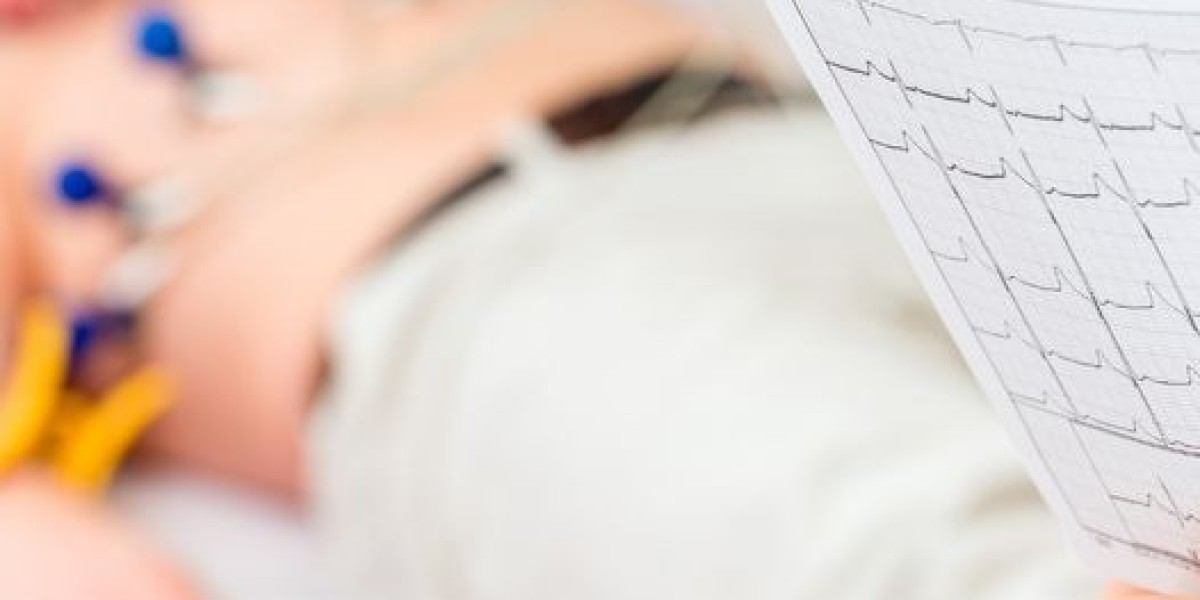If you are looking for a doctor who specializes in diagnosing and treating heart rhythm disorders, you may want to consult a clinical cardiac electrophysiologist. These are doctors who have completed additional training in cardiac electrophysiology, which is the study of the electrical system of the heart. They can perform tests and procedures to identify and correct abnormal heartbeats, such as atrial fibrillation, ventricular tachycardia, or bradycardia.
In this blog, we will introduce you to some of the best clinical cardiac electrophysiologists in Houston, TX, based on their ratings, reviews, and experience. We will also provide some tips on how to choose the right doctor for your needs and what to expect from your visit.
What is a Clinical Cardiac Electrophysiologist?
A clinical cardiac electrophysiologist is a type of cardiologist who focuses on the electrical activity of the heart. They use specialized equipment and techniques to measure and record the electrical signals that control the heartbeat. They can also implant devices such as pacemakers or defibrillators to regulate the heart rhythm or treat sudden cardiac arrest.
Some of the common conditions that a clinical cardiac electrophysiologist can treat are:
- Atrial Fibrillation: A fast and irregular heartbeat that can increase the risk of stroke or heart failure.
- Ventricular Tachycardia: A rapid heartbeat that originates from the lower chambers of the heart and can cause fainting or cardiac arrest.
- Bradycardia: A slow heartbeat that can cause fatigue, dizziness, or low blood pressure.
- Supraventricular Tachycardia: A fast heartbeat that originates from the upper chambers of the heart and can cause palpitations, chest pain, or shortness of breath.
- Heart Block: A problem with the electrical conduction system of the heart that can cause a slow or irregular heartbeat.
Some of the common tests and procedures that a clinical cardiac electrophysiologist can perform are:
- Electrocardiogram (ECG): A test that records the electrical activity of the heart using electrodes attached to the chest, arms, and legs.
- Holter monitor: A portable device that records the electrical activity of the heart for 24 hours or longer using electrodes attached to the chest.
- Event monitor: A device that records the electrical activity of the heart when triggered by a symptom or a button press using electrodes attached to the chest.
- Echocardiogram: A test that uses sound waves to create images of the heart and its valves, chambers, and blood flow.
- Stress test: A test that measures how the heart responds to physical exertion using an ECG, echocardiogram, or nuclear imaging.
- Electrophysiology study (EPS): A test that involves inserting catheters through a vein or artery into the heart and stimulating different areas with electrical impulses to map out the electrical pathways and identify abnormal areas.
- Catheter ablation: A procedure that involves inserting catheters through a vein or artery into the heart and delivering radiofrequency energy or cryotherapy to destroy abnormal tissue that causes arrhythmias.
- Pacemaker implantation: A procedure that involves inserting a small device under the skin near the collarbone that sends electrical impulses to the heart to regulate its rhythm.
- Implantable cardioverter-defibrillator (ICD) implantation: A procedure that involves inserting a small device under the skin near the collarbone that monitors the heart rhythm and delivers shocks if needed to restore normal rhythm.



